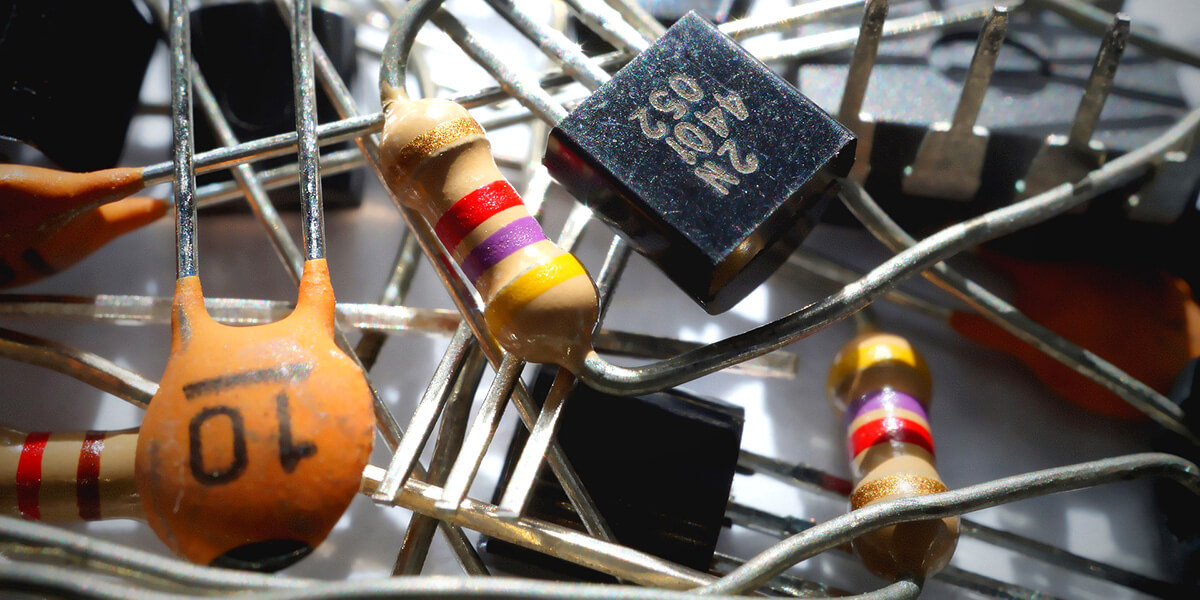bhcarpenter
Well-known member
What makes an electrolytic capacitor “audio grade”? Should I be using audio grade caps in the signal path (e.g. coupling caps)? I’m assuming it’s fine to use general purpose electrolytics for power filtering.

What makes an electrolytic capacitor “audio grade”? Should I be using audio grade caps in the signal path (e.g. coupling caps)? I’m assuming it’s fine to use general purpose electrolytics for power filtering.
Bingo. Eloquently putted.I personally like using hifi-type components in my builds...within reason...they tend to have thicker leads, look fancy, and leave me with a sense of satisfaction when looking over a build at the end that may be highly irrational, but fuck it, we're all irrational in certain ways. This is just a particularly harmless way to express irrationality.
Some light reading if you're in search of rabbit holes: https://passive-components.eu/audio-grade-capacitors-technology-and-applications/

It certainly is a weird way of putting it. I'm not entirely sure what they mean by "mechanically loaded," it could be mechanically stressed or electrically loaded, or something else entirely. Either way I expect they mean that the internals of the capacitor are compromised to the extent that the materials misalign and allow arcs between the conductors.This line right here has my skeptic alarm bells ringing:
"When capacitors are mechanically loaded, some of their crystals misalign and exhibit electrical charges."
Granted, I can't say 100% for certain that this is just babble, but here's my best attempt to translate into English:
"When capacitors are made to do physical work, their ....crystals... don't line up and show signs of voltage."
...the fuck?
